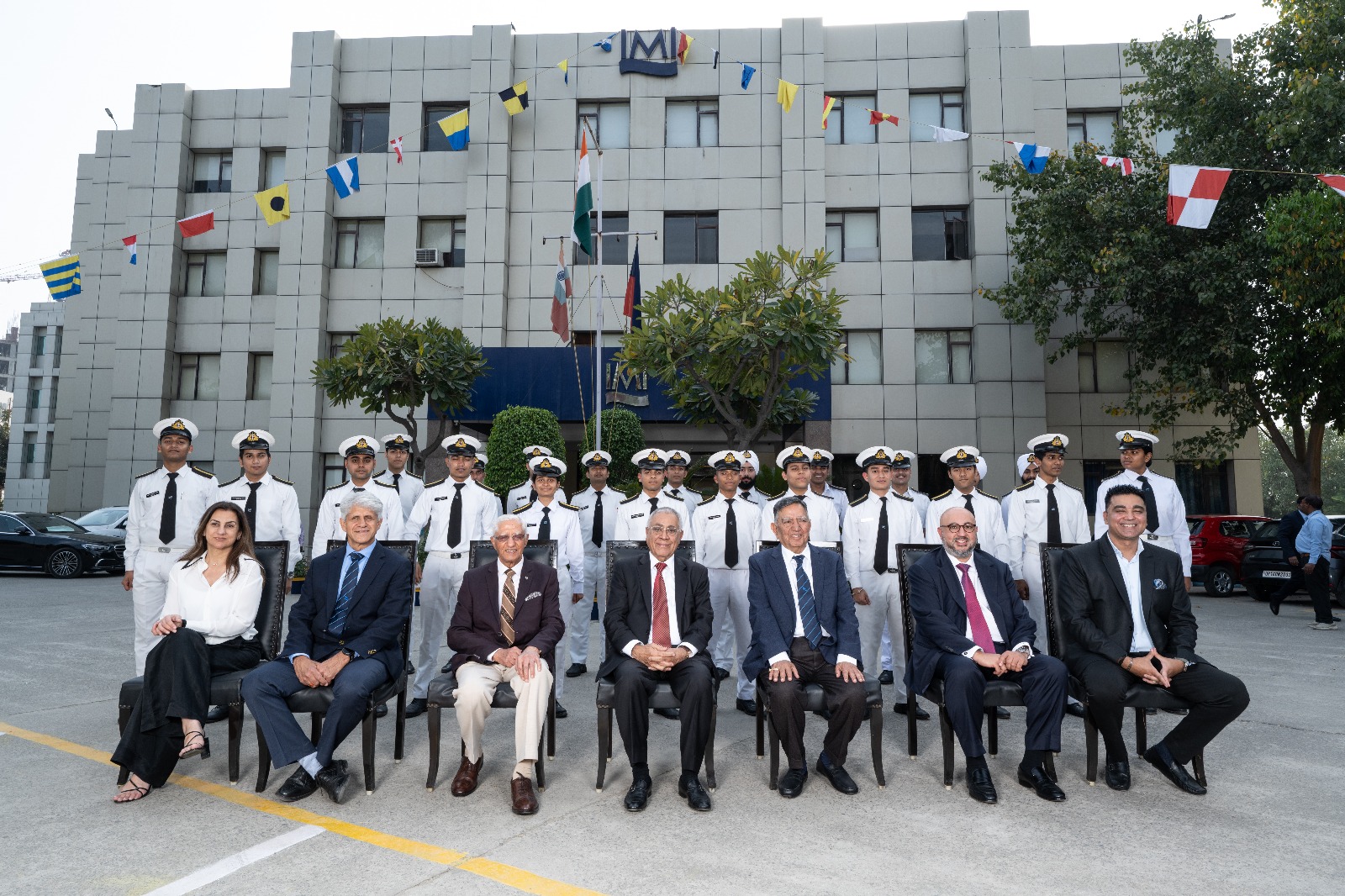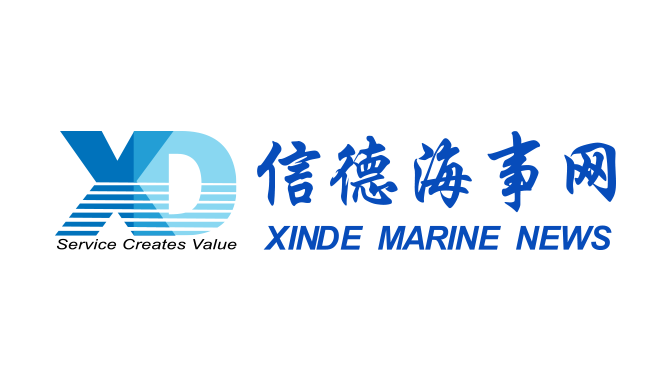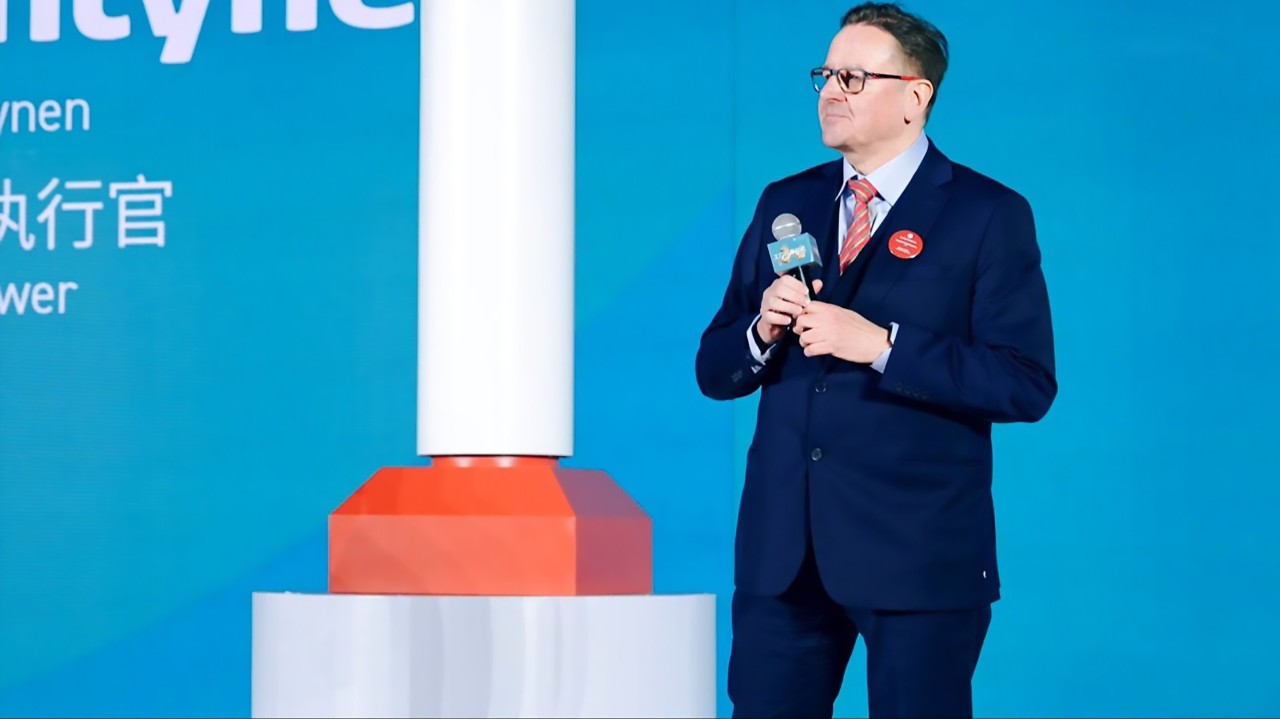
Annie Ng, Head of Asia, International Registries, Inc.(IRI),who oversees eight offices across five countries in the Far East
"The surprise August 2020 decision by the United States (US) government to end reciprocal tax arrangements between Hong Kong and the US could have an impact on Hong Kong-flagged vessels: Hong Kong shipping companies that derive any transport income from the US shore will be subject to a 4% tax on their gross income after the arrangement ends. For owners seeking alternative arrangements, the Republic of the Marshall Islands (RMI) Registry offers a credible option, with expert local support via two offices in Hong Kong.
The open lines of communication and positive relationships we have with port State control (PSC) authorities, as well as our track record for quality and best practices, have proven invaluable to us and our clients over the past months. The Hong Kong team is seeing a flurry of inquiries from owners concerned about the potential impact of the changed tax arrangements between the US and Hong Kong.
The RMI Registry's popularity in the region is underpinned by its recognition as a top performing major flag State in the Tokyo Memorandum of Understanding (MoU). In the most recent Tokyo MoU Annual Report (2019), the RMI had the lowest detention ratio of any of the top three registries—with a three-year rolling average detention ratio of 2.19%. Much of this success is due to the RMI's proactive approach to supporting owners, which has continued despite the COVID-19 pandemic: our inspectors are, and have always been, in daily contact with PSC personnel. Over the past six months, our teams in Hong Kong, Singapore, China, Korea, and Japan, and our network of in-house inspectors and contractors across the region, have been working even more closely with PSC authorities to try and overcome what are essentially shared challenges—around safety, crew changes, documentation, and so on.
PSC trusts our commitment to maintaining the highest standards. They know we have the technical expertise to ensure it and understand that we will be working directly with owners, operators, managers, and crew to overcome challenges. This has, of course, meant being pragmatic and flexible in our approach, finding new ways of working, and utilizing resources across our global network to help support owners in what have been very difficult and confusing times.
When the COVID-19 pandemic started its rapid spread across southeast Asia in late January, IRI's network of offices in the region quickly responded. In Hong Kong and Korea, IRI implemented staff rotation procedures, and offices in Singapore, China, and Japan moved entirely to remote work. While there were pressures, the work of the teams across the Far East continued uninterrupted and set a precedent that other offices would soon follow.
All our 28 worldwide offices have continued to function seamlessly and without disruption. We've been registering ships throughout the pandemic, but of course we have had to find solutions to overcome the inability to hold face-to-face meetings for closings while restrictions have been in place. Recognizing the need to avoid delays, we have allowed flexibility in the signing-off of mortgage documents; we have given powers of attorney; and we have even allowed digital signatures on some forms where it was safe to do so.
Across our eight offices in the Far East region, we registered an additional 80 ships from 24 January to 30 June – during the height of the pandemic in Asia. In July, Hong Kong experienced a third wave of COVID-19 infections, and much of the city went back into lockdown. However, IRI’s Hong Kong offices continue to operate fully, albeit on a flexible basis and ensuring that all safety precautions and measures are met.
This flexible approach meant that owners have been able to move ahead and ensure that their vessels are registered with a quality flag despite closures and restrictions around the world. Relying on a well-established and highly experienced team of in-house ship inspectors and contractors, the Asia team has also been able to facilitate remote vessel inspections and provide 24-hour support to owners, managers, crew, and port authorities. This has been exceptionally important as the industry has grappled to find new and safe ways of ensuring that standards of safety and compliance are maintained while also keeping up with rapidly changing national regulations and restrictions on movement. What we know now that we didn't when we were first impacted by COVID-19 in late January is that some of the new ways of doing things work significantly better than expected. Of course, there are some limitations, and we recognize this. We are now doing some follow-up physical vessel inspections and completing closings in person where it is safe to do so; but we are also equipped to adjust and adapt quickly as needed. We will always put the well-being of people first, and will continue to work closely with all parties to maintain the highest standards of safety, compliance, and best practices to ensure that our clients can continue to operate."
The opinions expressed herein are the author's and not necessarily those of The Xinde Marine News.
Please Contact Us at:
media@xindemarine.com


 Dr. Harry S. Banga and Mr. Angad Banga of The Carav
Dr. Harry S. Banga and Mr. Angad Banga of The Carav  Liberian Registry Welcomes Kyle Hurst as Senior Vic
Liberian Registry Welcomes Kyle Hurst as Senior Vic  KATALIST: Accelerating Green Shipping through Innov
KATALIST: Accelerating Green Shipping through Innov  Revealing the risks: digital solutions for complian
Revealing the risks: digital solutions for complian  Beibu Gulf Port Chairman Zhou Shaobo Passes Away at
Beibu Gulf Port Chairman Zhou Shaobo Passes Away at  Exclusive Interview with Norsepower CEO: Bringing S
Exclusive Interview with Norsepower CEO: Bringing S